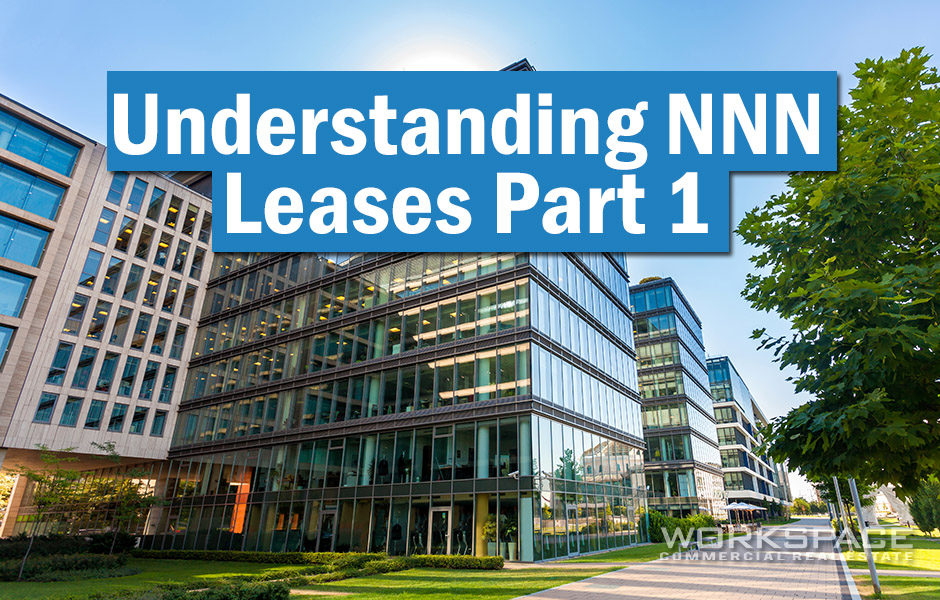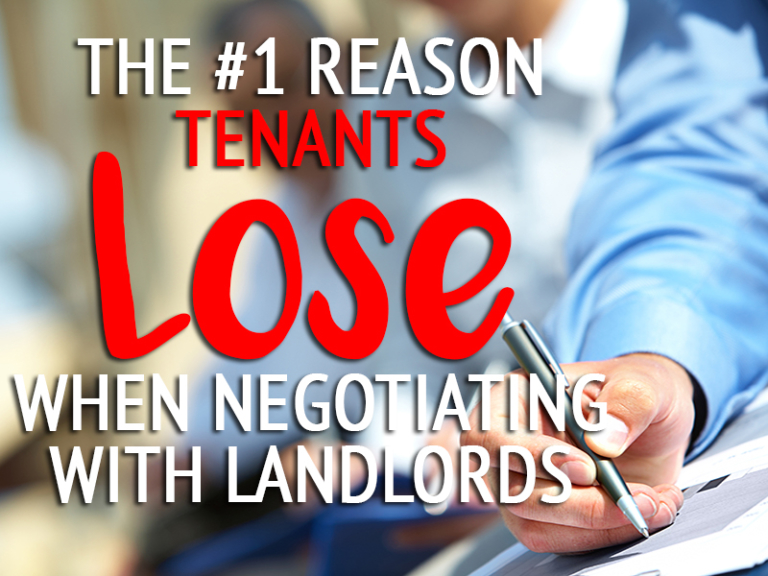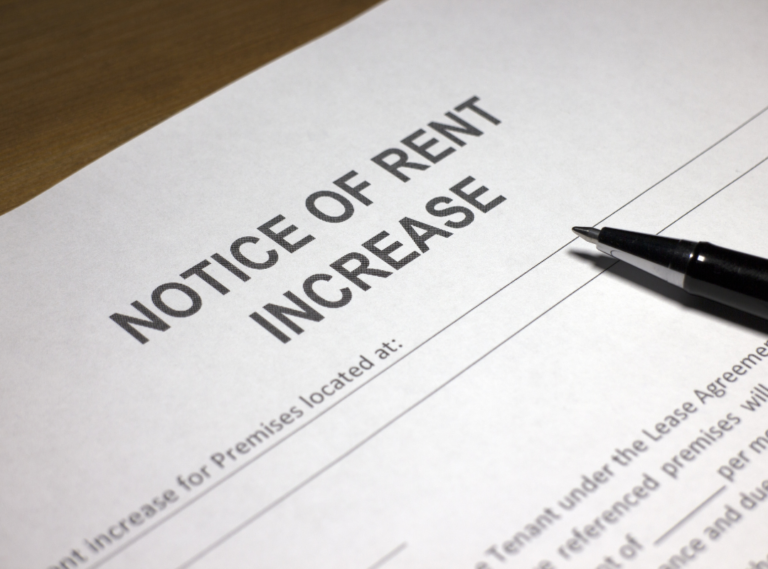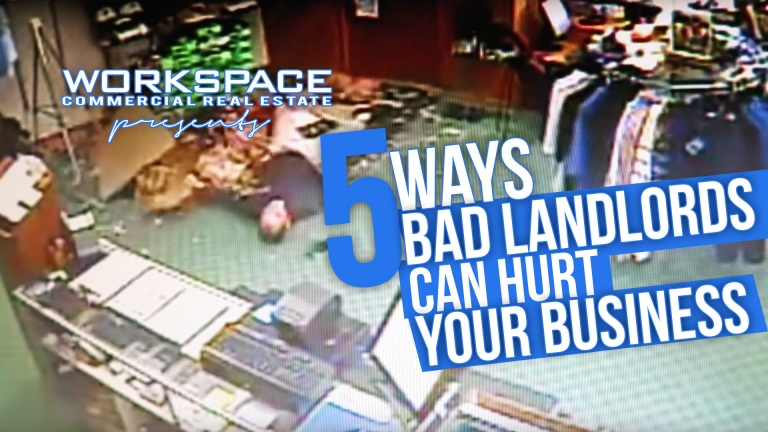5 Big Real Estate Blunders Business Owners Make
Getting the first property for a business, or relocating to a different one, can be an extremely costly venture. The one thing that will bring down the cost in regards to the purchase or lease negotiation is the use of an experienced broker to ensure the business owner is getting everything they need at the best price. Here are five big real estate blunders that business owners make.
Starting the Process Too Late
More than a few business owners I have met are highly reactive when it comes to their lease renewal, having gotten notice of a rate increase, furious because their landlord plans to change their lease. The landlord is going from gross to triple-net (to the tune of thousands more!) with 60 days notice and they are, for all intents and purposes, stuck. If not impossible, it is certainly unwise to move a 10,000 square foot business in two months. Further, the uber-urgent “gotta get it done now” disposition makes it difficult to adequately search the market and navigate a complicated lease from a position of strength.
Giving Their Landlord or Listing Broker Too Much Information
Landlords will use a business owner’s abbreviated timeline to their advantage in negotiating a lease renewal. Not only that, they will use other information a tenant may not realize they were given. Building owners and the landlord brokers that work for them will coax information from the tenant to determine how much leverage they may have. “How many employees do you have now, Bob.” or “Did you get a new XYZ Widget making machine.” A person’s tendency to see the landlord as an authority figure may incline them to answer these questions, but even something such a subconscious look of concern on their face could communicate that he/she feels they have no other options, which may cost a tenant thousands at the negotiation table.
Working Without a Real Estate Plan
Far too many business owners have no real idea of what they need; they only know what they want. Real estate can enhance a business or break it. The business may have no need for signage, but the owner is paying a premium for signage that they don’t need. Some need the most visibility with the cheapest rent like an insurance agent. Is there a need for a prestigious address? The options are endless.
It’s important to define what the business needs to achieve first, before trying to obtain the perfect location. What exactly does the business need? Does it need high visibility? Where are its competitors located? Does it need foot traffic or is most business done by phone or online? Make a list of all the things the business needs in order to be the most successful. After that, add the details that are wanted from your property. Without knowing the exact type of property that a business needs, the business owner will be leaving money on the table and not leveraging the real estate options to best help the business.
Maybe the business has a committee and don’t have a succinct plan of what they need because they haven’t taken inventory. There are a lot of reasons why anyone needs time to think about what a win looks like first, and most people will not take the time unless they’re really big or they have a broker helping them out. Taking valuable time away from their business cycles to try to do real estate.
Not Considering All Your Options
Acting with incomplete information can put a business owner in a negative position. Not looking at all of the options that could fit their needs, not just every option in their area, but all the options. Security, parking, layout, building hours, budget and most importantly, the lease itself. Which landlords will allow them to terminate? Are there caps on additional rent costs? Does it include a right of quiet enjoyment? Can they transfer the corporation if they want to? Do they have the right to sublet? There are too many considerations to list.
Getting Emotionally Involved
Emotions cause normally rational people to throw caution to the wind and bypass opportunities that would otherwise be a great fit because they were offended in some way. Property owners can become emotionally attached to their investment and if a tenant comes along and makes negative statements about the property, it could offend the owner. This is a common tactic in trying to reduce the cost of a property or its rent, but can easily backfire if a seller/landlord takes offense. A tenant might get offended if a property owner starts asking too many question about their finances to ensure their stability. When money is involved, many topics can become personal and cause either party to back out of a deal.







